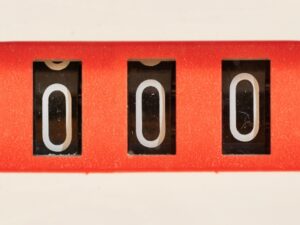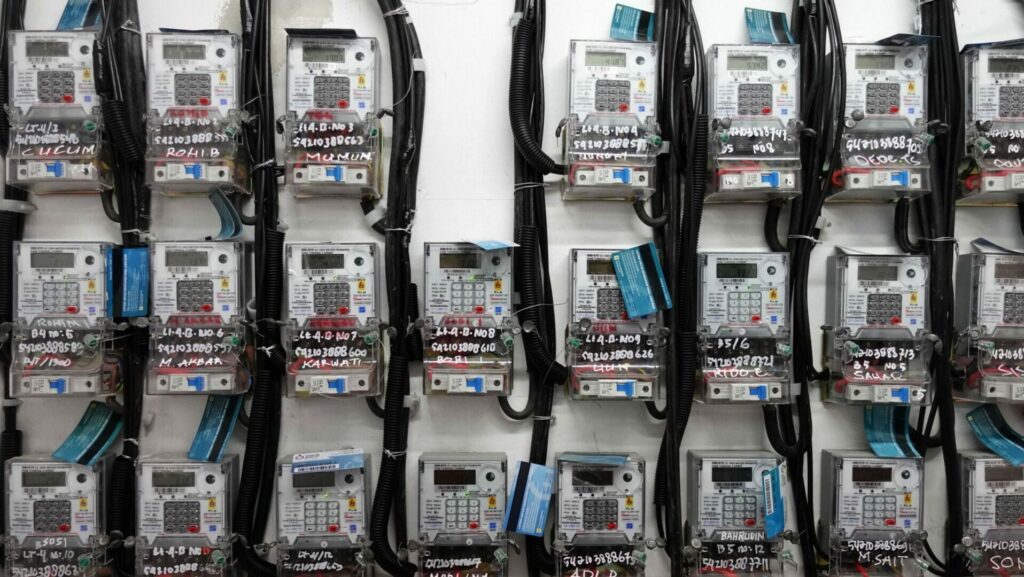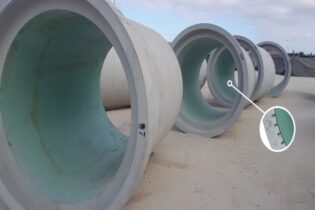Unless updated and reset, prepaid meters (electricity, water and gas) will not accept new prepaid credit tokens after the 24th November 2024.
By Duncan Nortier As we march forward to the deadline, Infrastructure News once again sat down with Dr Silas Mulaudzi, a sustainable energy specialist for The South African Local Government Association (SALGA), to get updated information on where the country sits with their prepaid meter updates. “In layman’s terms; current prepaid metering software used by utilities around the world will expire after 24th November 2024. Pre-paid meters must be reset and software updated, or consumers will not be able to recharge meters with new tokens and will not have a gas, power or water supply,” says Dr Silas Mulaudzi.Terminology – STS and TID explained
There are approximately 70 million standard transfer specification (STS) prepaid meters in over 40 countries, used by more than 500 utilities. Encrypted tokens are used to transfer units purchased onto STS meters. These tokens are encoded with a unique Token Identifier (TID) that represents the minutes elapsed since the base date of 1st January 1993 and identifies the date and time of the token generation. TIDs comprise 20 digits to prevent tokens from being reused at meters. They utilise STS for carrying information between a point-of-sale and a meter. The use of STS technology prevents:- Fraudulent transfer of credit resulting from hit-and-miss attempts at entering the correct number
- Fraudulent generation of tokens from a stolen vending station
- Fraudulent generation of tokens from legitimate vending stations outside of the utility’s area
- Fraudulent re-use of tokens which have already been used
- Tampering of legitimate tokens to change the value
Implications for South Africa
According to SALGA, well over 4.8 million STS meters are managed by municipalities and 6.8 million STS meters are managed by ESKOM. If this deadline is not met, the consequences will be dire. Consumers will be left without services, there is a high chance that there will be violent community protests, and some consumers may even illegally bypass the meters.Another risk highlighted by Dr Silas was that municipalities could suffer from a loss of revenue, which would be a big blow to their budgets. With STS meters offline there is also a higher risk of cable theft.
Thinking ahead to the worst-case scenario SALGA created a Risk Mitigation Strategy that encompasses all levels of government from national, provincial and local. This strategy can be customised for the specific needs of each case per province. “We have a mitigation strategy, but we firmly believe that all meters will be reset and that this is the best way to avoid any risk. We are committed to resetting all 4.8 million prepaid meters by 24 November 2024, the meters that may be left behind could be those in holiday homes that are always empty, and in cases where customers may refuse access to the meters for municipal staff to upgrade.”The process
There are 2 main approaches to changing the meters, and the onus falls on local municipalities to implement the strategy that best suits them.- Customer self service (Do it yourself-DIY), that is the consumers receive key change tokens when they purchase their next credit. All existing credit tokens must be redeemed before the key change token is entered, that is before the meter is upgraded. With community awareness of how to upgrade the meters, customers have done this in different municipalities across the country. Dr Silas Mulaudzi himself received the key change token from his municipality in May 2024 and has upgraded his prepaid meters, “it was simple and straightforward, I did not struggle to upgrade my meter,” says Dr Silas.” The tokens will have to be numbered in the sequence they have to be entered. Consumers would need to have access to a help desk to provide a second line of technical support to resolve difficult issues.
- Key change tokens are issued to a dedicated team of technical staff who then visit the meter to enter the tokens themselves. This option provides a good opportunity to do a meter audit and to restore tampered meters at the same time.









